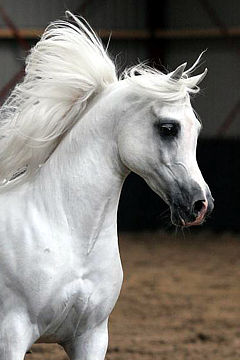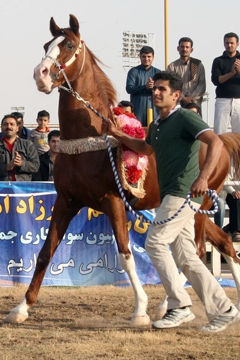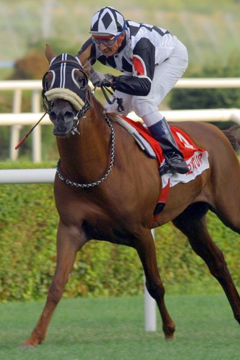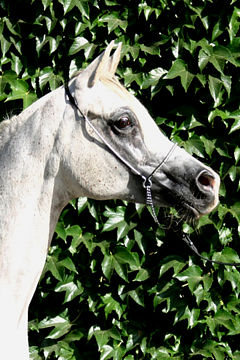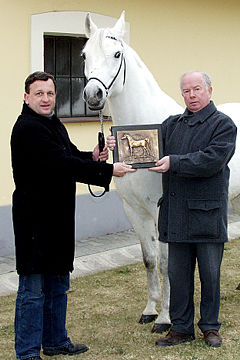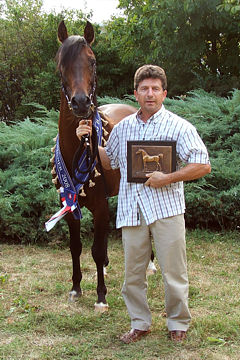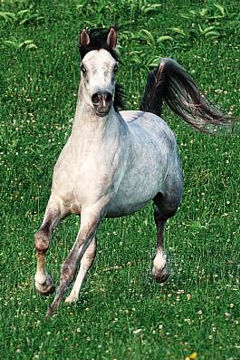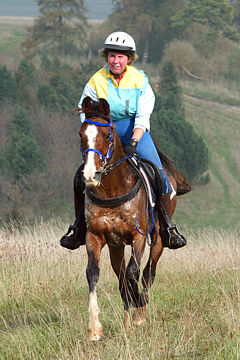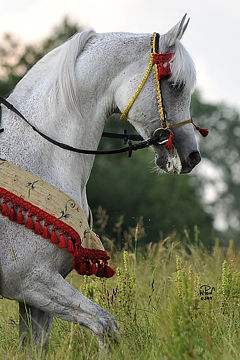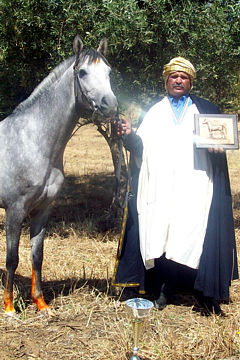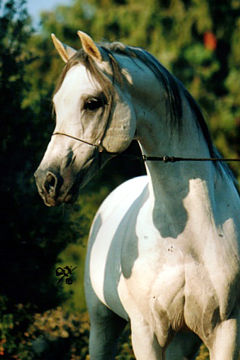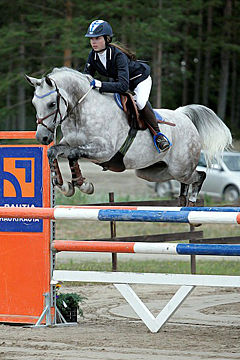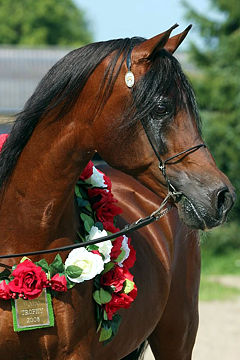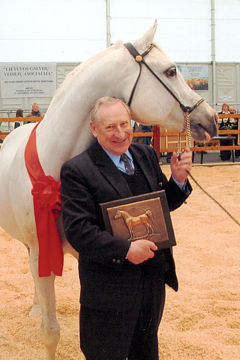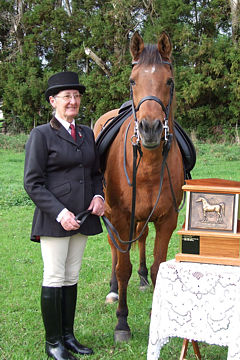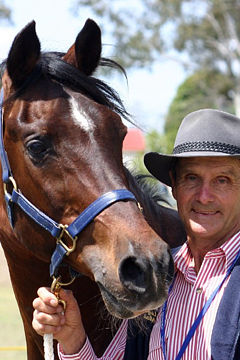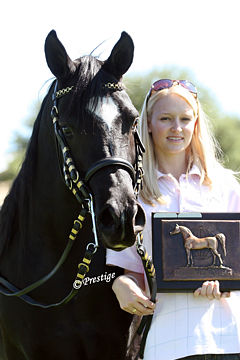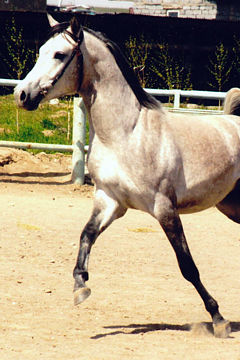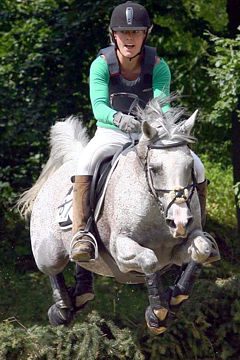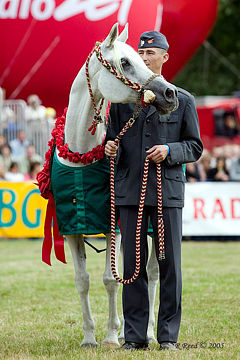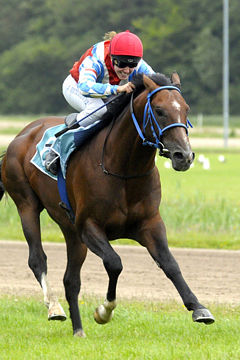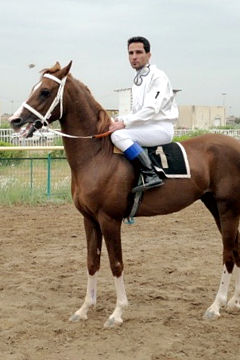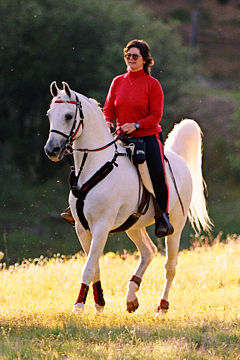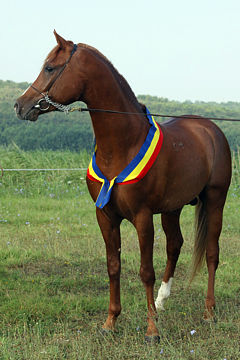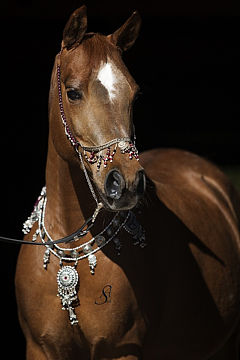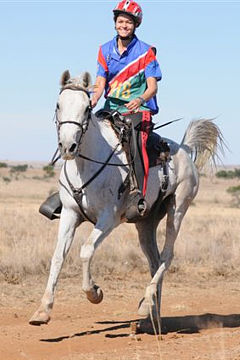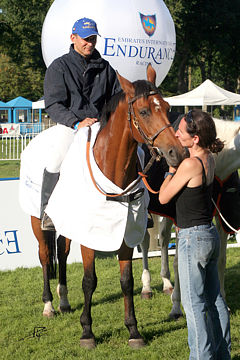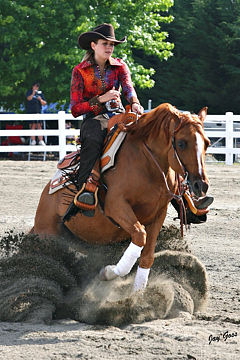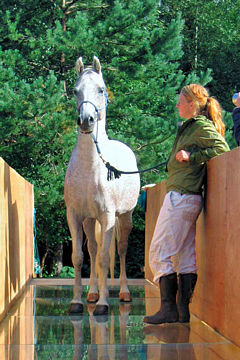![]()
Member Report from Brazil
REPORT MADE AT 2025 WAHO CONFERENCE:
Rodrigo Forte, Brazil: My name is Rodrigo Forte, I am the former president of the Brazilian Association and breeder since 1991, RFI Arabians. My colleague is Francisco Carrasco, current President of the Brazilian Association and breeder since 1979 at his Haras Carandá. First of all our special thanks to the United Arab Emirates, Abu Dhabi, the Royal family for hosting this fantastic Conference, to the Emirates Arabian Horse Society and to WAHO, represented by their leadership. Thank you.
Brazil is the 9th largest economy in the world and known for high quality horses and for exporting top genetics. Brazilian horses have won major international shows and many champions around the world are descendants of Brazilian bloodlines. We are very proud of it. We are also investing heavily in performance disciplines like endurance, racing, barrel racing, hoping to promote proper use of the Arabian horse.
Sadly, in Brazil the number of active breeders, births and registered foals are decreasing. We had last year around 400 foal registrations, which means only 50% of the reported breedings. It is important to say that our initial report was inaccurate and we will issue a correction this coming week, so we are sorry about this, we had some mistakes on getting the information. We believe economic challenges, rising breeding costs and alternative forms of entertainment contribute to this decline. Breeders are being more selective about what they register but the Brazilian Association has been working hard to give horses a job, as I said before.
About embryo transfers, Brazil have dropped by 50% over the past 3 years connected to the discussion we had yesterday. On the imports and exports Brazil remains an exporting country, consistently exporting more horses that it imports. Last year we exported 25 top horses versus 7 imports.
On education we published a traditional Cavallo Arabi Arabian horse magazine managed by the Association for over 40 years, alongside newsletters and a strong social media investment.
Finally, I would like to bring you a specific topic. I would like to sincerely thank for the presentations we had this morning, it was a great opportunity to learn more and to remember the origins of our Arabian horse. Personally, we would like to share a concern which is the preservation of the true purpose of the Arabian horse. We see that many breeders are seeking their highest level of refinement possible which is indeed very nice and beautiful, however, the result we have seen is that we are producing horses with poor conformation, weak legs and limited functionality. We worry that we are dividing the breed into horses for sport, many of them without type, and those ones only for beauty. We know that the Arabian horse must have both. So please, we cannot forget that the Arabian horse was made, I would also say nowadays, to be ridden. I repeat, the Arabian horse was made to be ridden to follow their true essence. Thank you very much.
2019 REPORT:
ABCCA has provided the following information. In 2017, 310 foals were registered. There were 47 horses exported and 6 horses imported. There were 19 shows, 12 races and 35 endurance competitions. Other popular activities include: Team Penning, Stock horse, three day events and show jumping.
BRAZIL REPORT FOR 2017:
ABCCA has provided the following information: In 2016 505 foals were registered. In 2016, 50 horses were exported to the U.S.A., Uruguay and Chile and three horses were imported from the U.S.A. and France. In 2016 there were 19 Arabian shows, 12 races and 35 endurance competitions.
REPORT MADE BY BOLIVIA AT THE 2011 WAHO CONFERENCE:
Mr. Fernando Morales Cuellar, Bolivia: First I would like to thank the State of Qatar for their warm hospitality, the WAHO Executive Committee and the Conference Organizing Committee for this Conference in Doha. My name is Fernando Morales, I represent the Arabian Horse Breeders Association of Bolivia.
At this point we have about 400 Arabian horses registered in Bolivia. We yearly register between 25 and 30 foals. We have 2 national shows, one in March and one in September, where every year the Brazilian Association kindly helps us by sending a judge to judge the September show. All our Arabian horses are mainly used for pleasure riding, dressage, and endurance is now beginning as well. There is an interesting rebirth of the interest in Arabian horses, Bolivia is a country of agricultural nature in essence, there is a lot of cattle ranching, and all our horses are being promoted as saddle horses, people have great interest in them and we hope to soon be applying for full WAHO membership, separate from the Brazil Association. Currently we are working with the Ministry of Agriculture to do our own registering, as Brazil has been doing it for us until about 3 years ago. Thank you very much for your attention.
BRAZIL REPORT FOR 2008:
In 2008, Brazil reports that they registered 864 foals. They estimated the number of mares registered for breeding at 1,547 and the number of active breeding stallions at 274. 107 horses were exported and 24 imported.
21 Arabian Shows are held annually, and 40 endurance rides. Other popular activities for Arabians include Team Penning, Stock Horse, 3-Day Eventing and Show Jumping.
The next stud book is due for publication in 2009. Artificial Insemination and Embryo Transfer are permitted, all foals are parent verified prior to registration. Microchipping is not currently in use, and passports are not issued.
REPORT FOR BOLIVIA, MADE AT THE 2009 WAHO CONFERENCE:
My name is Fernando Morales Cuellar, I am the President of the Arabian Horse Breeders Association of Bolivia. We estimate a number of 560 Arabian horses in Bolivia, mainly imported from Brazil, Argentina and the United States of America. Our Arabian horses are mainly used for pleasure riding, dressage, show jumping and ranch work. We hold two shows with halter classes, one in April and our National Championships will be in September at the annual Agricultural Show.
Our stud book is currently kept as a separate chapter of the Brazilian stud book even though we have now completed all the chronicles with our Government and will be applying to WAHO to run our own stud book independently. All our horses are DNA typed and those allowed to enter the halter competitions must be registered and have the Brazilian registry document.
PREVIOUS REPORTS FOR BRAZIL:
The number of purebred Arabian horses registered in the Brazilian Stud Book has reached 42,000. The estimated number of living Arabians is 26,350.
The number of foals registered in 2006 was 912. In the same year Brazil exported 105 horses and 17 were imported. The ABCCA is still using blood-typing but will change soon to DNA. The use of Artificial Insemination, transported and frozen semen and also embryo transfers are all allowed. All breeding activities including stud book records and all show records are available on the ABBCA website on the Internet, including international pedigree reports with pictures of the horses.
In the year 2006, the Brazilian Association coordinated 21 shows, both national and regional. There were also 40 endurance rides. Arabians are also popular for jumping, 3-day eventing, team penning, and stock horse competitions. They are also widely used for pleasure riding and on some large farms are used for working cattle.
Brazil also registers the Arabian horses of Paraguay and Bolivia. All the horses in Bolivia are DNA typed and new foals have parental DNA verification before registration by the Brazilian Registrar. The activities that Arabian horses perform in Bolivia include showing, pleasure riding, endurance and jumping. The Bolivian Arabian Horse Breeders Association expects further growth in popularity of the Arabian horse in their country.
In 2007, Brazil registered 803 foals. 128 horses were exported, and 13 were imported.



